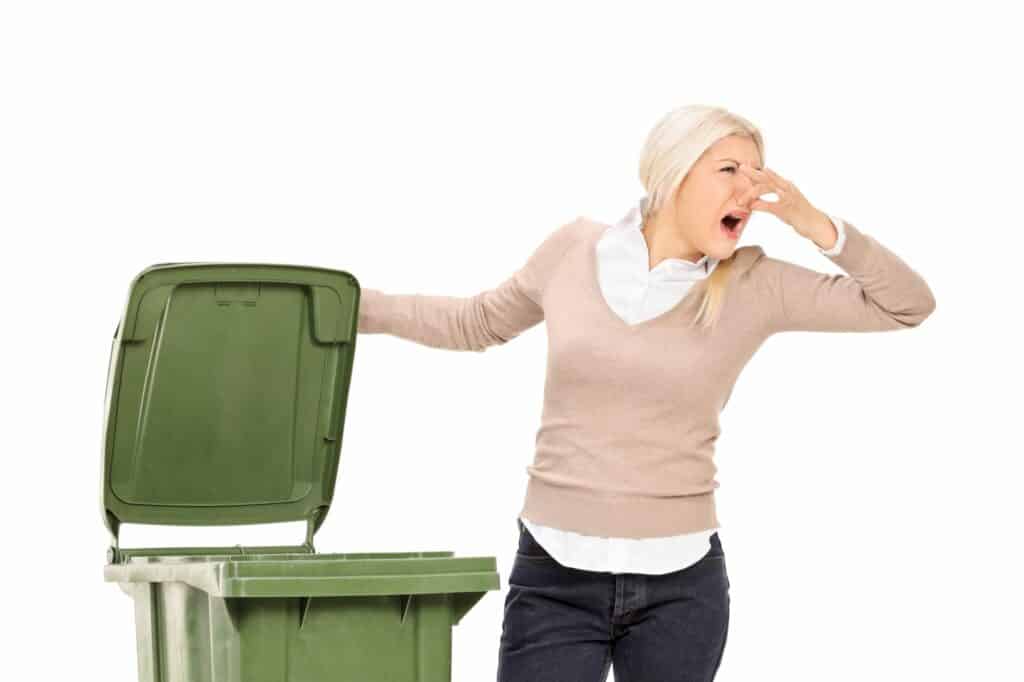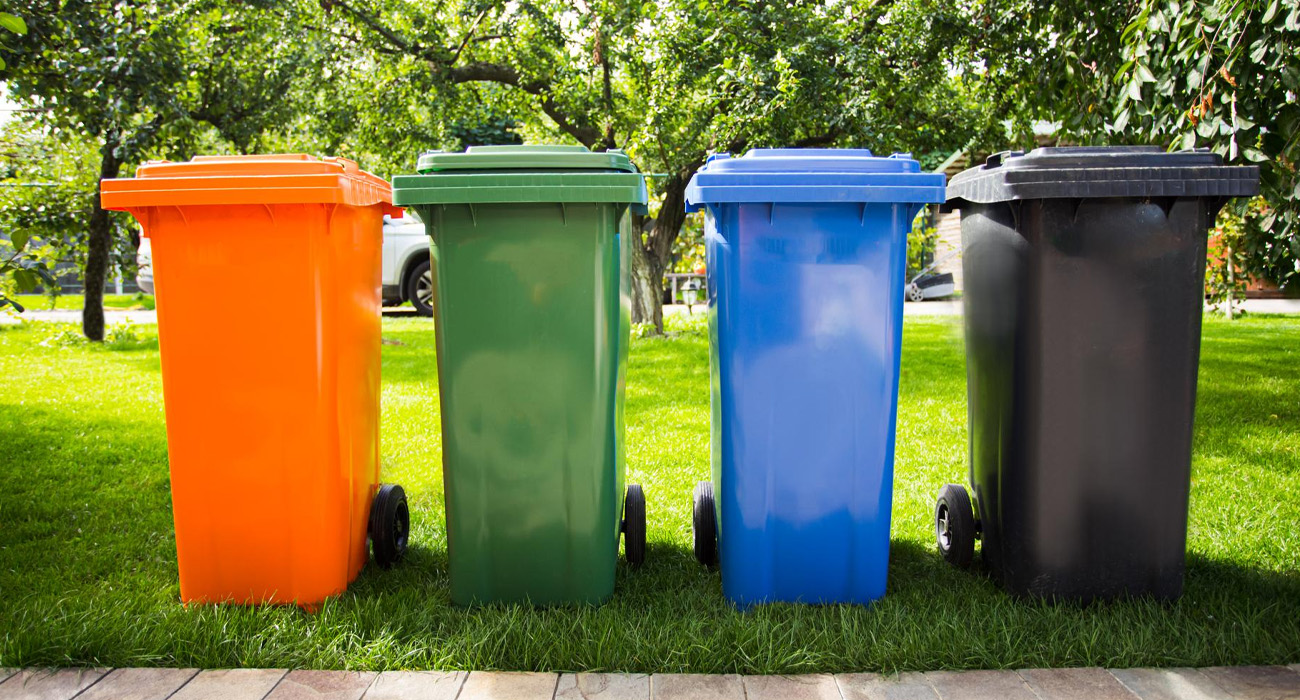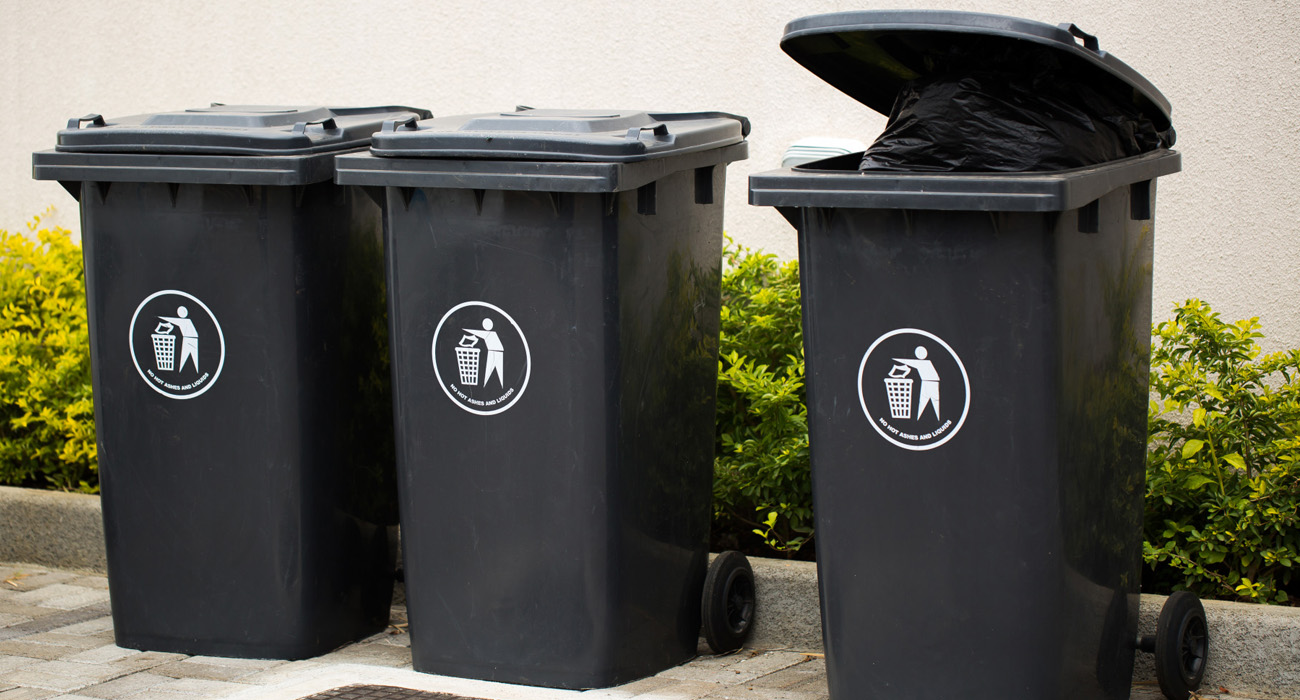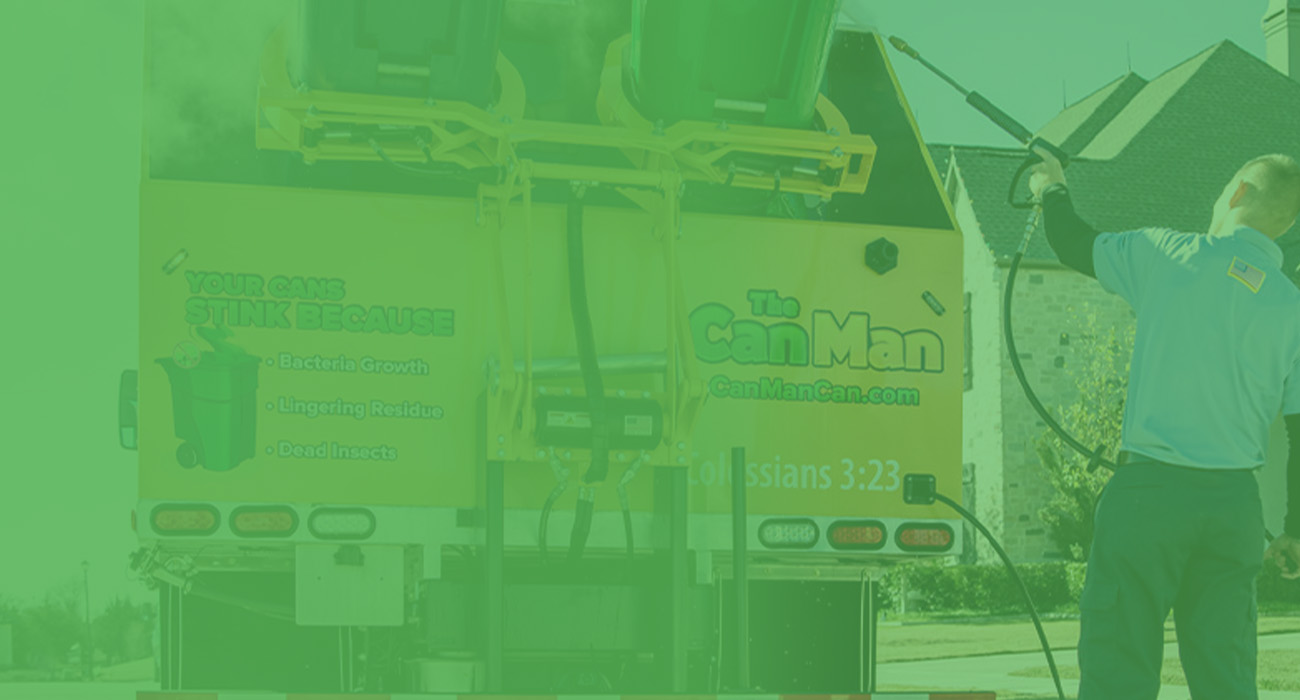Let’s be honest. No one wants to go out of their way to clean trash cans for fun. A typical kitchen garbage bin has over 400 bacteria per square inch; this is only your kitchen bin! Imagine the numbers generated from your outdoor garbage bin.
Trash Management
Trash management after getting a clean trash can service done by The CanMan is a great way to maintain cleanliness.
Sort your indoor trash types into different bins. Besides your normal recycling separation, you can commit to only tossing biodegradable items in the kitchen trash can.
Create a compost site. If you are into gardening, build a compost pit at the corner of your garden where you can drop food, animal, and plant wastes. Doing this reduces waste and gives you an excellent fertilizer for your garden.
Give old clothing, toys, or materials out. Instead of trashing old wear, please send them to a homeless shelter or orphanage.
Clean Trash Can Service Implementation Helps The Environment
The improper disposal of wastewater from DIY trash can cleaning at home kills necessary plant and animal life in the local ecosystem. The polluted water finds its way into storm drains. It can cause contaminants like carbon dioxide and nitrogen derivatives that are dangerous to humans when mixed with water. Clean trash cans services like The CanMan collect and dispose of this wastewater in an eco-friendly manner. (Not to mention saves 17x more water than DIY)
Even The Smell of a Dirty Can is Toxic
Trash is often considered biodegradable or non-biodegradable. Biodegradable is soft and easily decomposes like food, plant, and animal waste. The breakdown depends on certain factors like the temperature around the waste bin and the environment, humidity, location of the waste bin, and bacteria decomposers. The decomposition of garbage by this bacteria releases gases like methane, sulfur, ammonia, and putrescence. These gasses combined give the trash bin its peculiar smell that we all know and hate. So as you see, clean trash cans are beneficial in many ways.
Dirty Trash Cans & Even The SMELL Affect Your Health
As mentioned in previous blogs, bacteria can thrive in your garbage bins. Most commonly, Salmonella, E. Coli, and Listeria. Salmonella is bacteria usually found in eggs, uncooked poultry, or raw meat. Even the germs associated with the common cold can make it into the garbage bin through discarded tissues and napkins that contain the virus. Finally, Listeria can be found in many foods and thrive in colder temperatures. Just as you clean your countertops and stove, you should prioritize clean trash cans.
Trash smells putrid, and has adverse effects on our body and cause harm. Even though, the gases emitted from decomposing trash are hazardous because they lack oxygen, are an explosion waiting to happen and is suffocating, the great news is that the little trash can in your kitchen cannot produce enough bio-gas to harm you.
However, scientists are warning people of the side effect of regularly inhaling the smell of decomposing trash and symptoms linked with this are the inability to register and accurately distinguish other smells and skin problems. It has also been discovered that a discomposing bin emits small spores that are harmful when inhaled and can lead to an asthma attack and difficulty breathing.
It is recommended to dispose of bins containing organic trash daily especially in highly humid regions, and trash containers should be placed in cooler areas in the house to reduce the decomposition process.
We can’t really stop ourselves from contacting germs and dirt as we go about our daily business outside our home but within our house; we can put certain measure to keep our home safe and free from germs that can lead to sickness.
We can get infected through various means but living in an unhealthy and smelly environment will escalate an infection to a more dangerous level.













